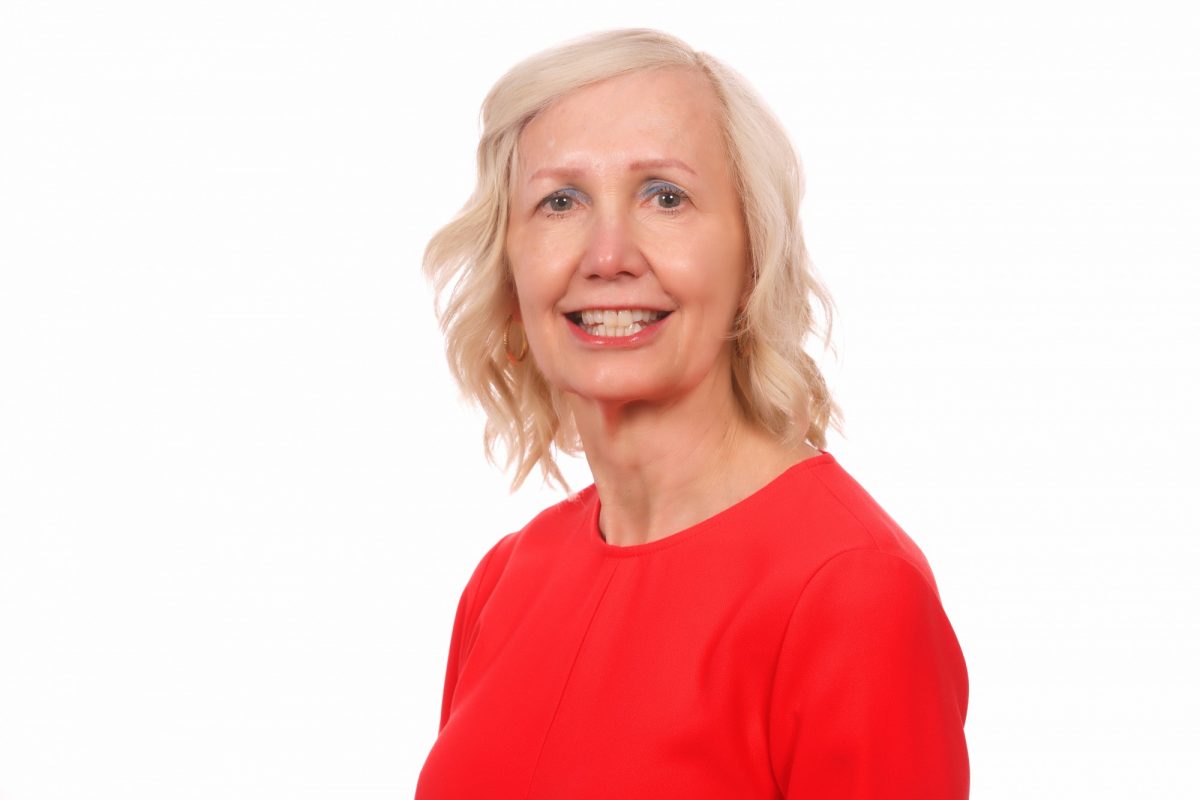
A voice for youth and families
Nursing researcher is determined to help young people receive the best care possible
Dr. Roberta Woodgate has devoted her career to helping young people. The Tier 1 Canada Research Chair in child and family engagement in health research and healthcare believes young people’s voices have been overlooked in the past and is looking to amplify their voice when it comes to their care. She is driven by her belief that the highest attainable standard of health is a fundamental human right.
As a distinguished professor in the College of Nursing, Rady Faculty of Health Sciences, she has focused her research on improving health and social services directed at children and youth. Woodgate has secured over $46 million in grant funding as principal investigator or co-investigator, the highest in the college of nursing.
She was recently awarded a Canadian Institutes of Health Research (CIHR) project grant of $600,524 to lead a Canada-wide study to better understand the needs of young people with chronic pain in CIHR’s Fall 2021 funding competition. Woodgate was also awarded a second CIHR project grant of $546,976.00 in the same competition to engage youth on mental health research in the COVID-19 era. She is also a researcher at the Children’s Hospital Research Institute of Manitoba,
What made you want to work with young people?
When I started researching young people, I noticed they were never given a chance to say what they needed. You learn so much from young people if you listen. They have so much to offer and I learn so much about what they need.
It’s getting better now, but for years people didn’t think young people had anything to contribute.
What are you working on right now?
This fall I’ll be leading a study that focuses on young people living with chronic pain. People haven’t been listening to what they’re saying they need or their preferred outcomes. We want to learn from them, they will be our co-researchers on this project. We have been interviewing young people with chronic pain across the country to better understand their experiences.
From there, we are going to have them create art depicting their experience and explaining what they need. They could make paintings, sculptures, collages, really anything. This will help stakeholders understand the perspective of a young person with chronic pain and articulate what they need in their care.
I’m hoping this will have an impact on the kind of care they will receive in the future.
NorWest Youth Hub is an integrated service centre which offers young people a variety of services in mental health, primary care, addictions, employment and recreational activities, and has specialized mental health professionals on staff. Given that schools are where youth spend a large portion of their daily lives, and are often the first point of contact for youth experiencing mental health challenges, mobilization between schools and youth hubs (i.e., enhancing partnerships and direct referrals) is a promising platform for improving youth’s timely access to community resources and mental health care.
In a community-based approach, it’s not just one step.
Both projects are youth-driven with young people advising at every step of the project either as youth co-researchers or advisors on the youth advisory committees.
Why do you think you’ve been so successful in your grant applications?
I believe the successful research funding track record I have maintained over my career can be attributed to my passion and determination for making things better for young people and their families.






